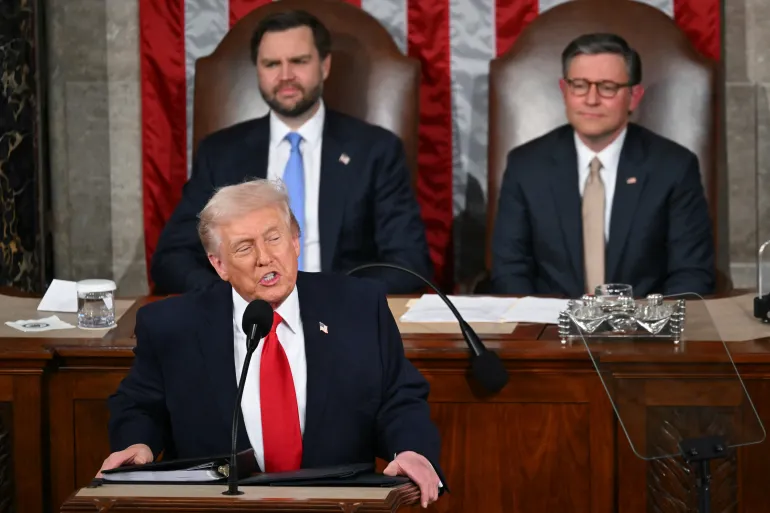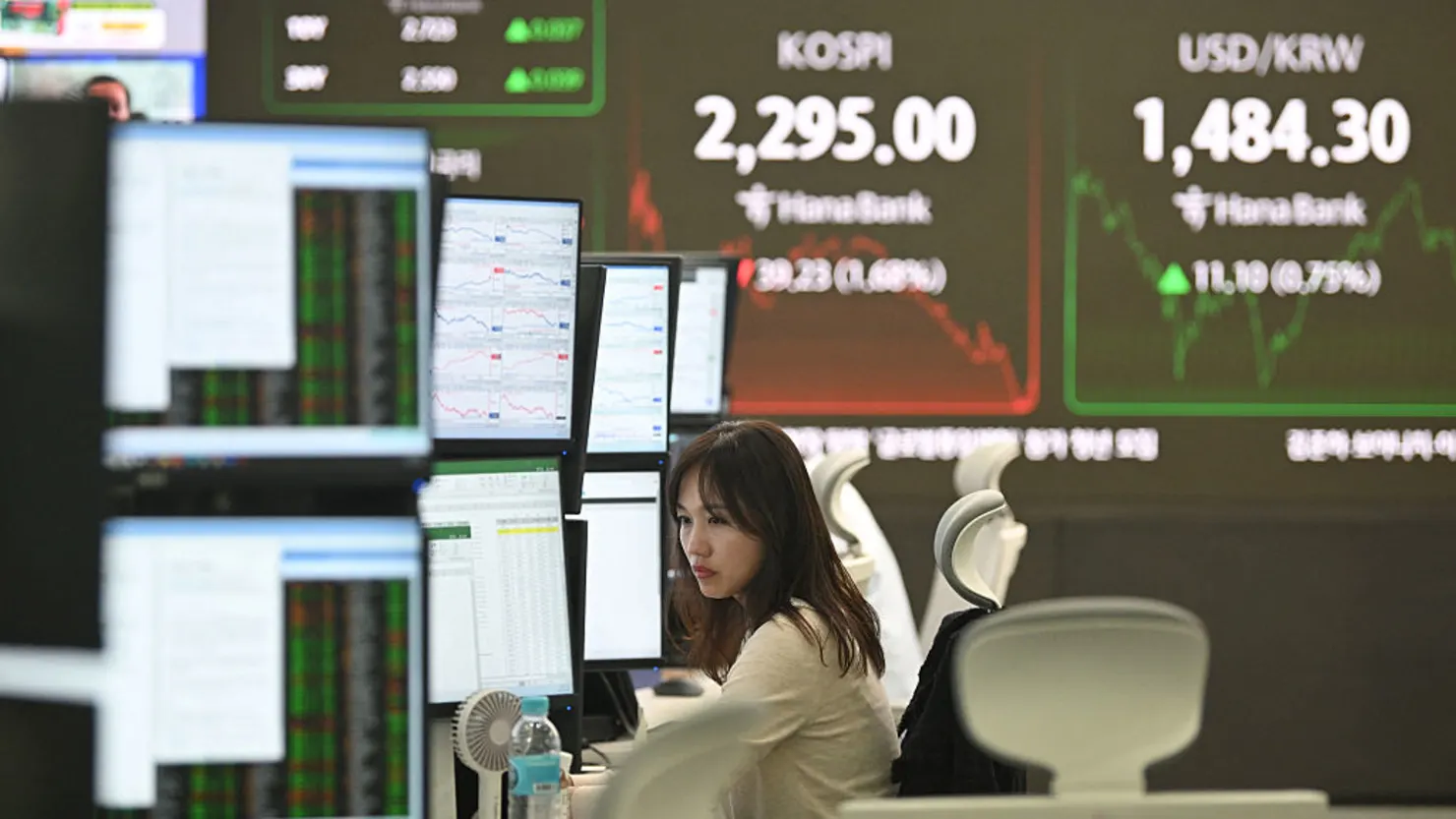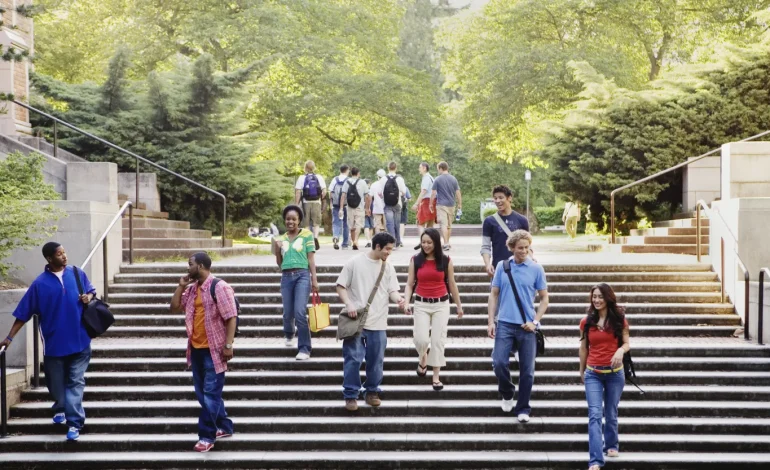The US Department of Education has resumed collections on defaulted federal student loans for the first time in nearly five years, a move that some economists and analysts warn could disproportionately impact low-income Americans, CNBC reports.
The policy, reinstated this month under President Donald Trump, allows for wage garnishments and other penalties for borrowers who have fallen behind on their payments.
Analysts from JPMorgan Chase estimate that between $3.1 billion and $8.5 billion in disposable income could be removed from the economy each month as a result of the renewed collections effort. This reduction could represent a 0.7% to 1.8% year-over-year decline in disposable personal income if the full effect is realized within a single quarter.
The economic impact of restarting collections could further strain segments of the population already grappling with higher prices and economic uncertainty. Inflationary pressures and ongoing trade tariffs have dampened consumer sentiment, which has recently hit some of its lowest levels in decades, according to data from the University of Michigan.
“This is one of several mounting financial stress points,” said Jeffrey Roach, chief economist at LPL Financial. “In combination, they could begin to weigh on overall consumer spending.”
While student loans account for just 9% of all consumer debt, they represent about 30% of non-mortgage debt. As of March, total outstanding student loan debt reached $1.6 trillion—up roughly $500 billion over the past ten years.
According to data from the New York Federal Reserve, nearly one in four borrowers required to make payments is currently delinquent. The share of student loan holders reported as delinquent jumped from 0.5% to 8% in the first quarter of this year. Delinquency refers to past-due payments, while default typically means extended nonpayment and can trigger harsher consequences like wage garnishment.
JPMorgan’s senior US economist Murat Tasci noted that not all borrowers are subject to wage garnishment, either because they are unemployed or lack income streams such as wages or Social Security. However, even those who resume payments to avoid collections could see a reduction in discretionary spending.
Some financial institutions expect the policy to affect more vulnerable groups.
“We believe resumption of student loan payments will have knock-on effects on broader consumer finances, most especially for the subprime consumer segment,” wrote Bank of America analyst Mihir Bhatia.
President Trump has proposed tax cuts on overtime and tips, which could help offset some of the financial strain for affected individuals. However, Wall Street remains concerned about the broader implications for the consumer economy, especially if other pressures—like tariffs or labor market softening—begin to mount.
Roach, however, downplayed the macroeconomic risk, noting that post-pandemic consumer spending has largely been driven by higher-income earners.
“Those who hold student loans are not necessarily the primary drivers of overall consumer demand,” he said. “So while this development is important for some households, it may have limited impact on the broader economy.”










The latest news in your social feeds
Subscribe to our social media platforms to stay tuned